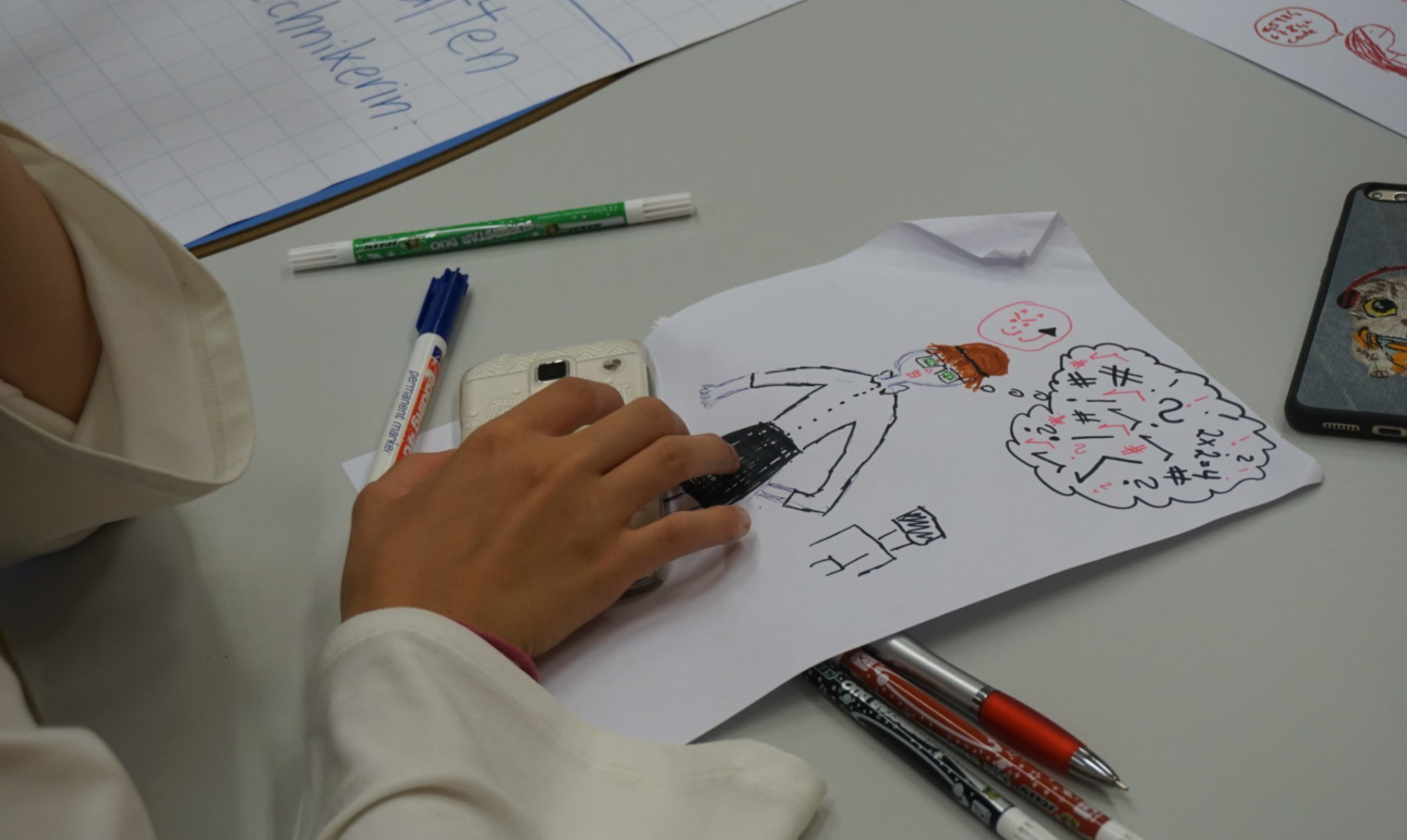Reference Format: Spieler, B. (2021): The Science Behind the Art of Engaging: Online Tutoring in Games and Coding. 15th European Conference on Games Based Learning. Conference date: 23 – 24 September 2021, Brighton, UK, p. 691-981. doi: 10.34190/GBL.21.152
Bernadette Spieler, Zurich University of Teacher Education, Centre of Education and Digital Transformation, Zurich, Switzerland
Abstract: In programming, students usually have different prior knowledge, expectations, and approaches: While some have a stronger need to work collaboratively, share their work, and proceed systematically, others like to search on their own and tinker without needing immediate help or guidance. During periods of restricted physical presence at school locations such as during the Corona pandemic, individual digital solutions were needed to provide online a pedagogical motivation, and different levels of support. Especially online, it is important to find new ways of motivation and individual support. A completely stand-alone online workshop (i.e., Massive Open Online Course, MOOC), may not be as supportive as direct support from teachers or tutors. This leads to the question whether various online support services (e.g., tutoring) are useful and necessary. In April 2020, learners were encouraged to participate in an online extracurricular programming experience, focusing on mobile visual programming and game design. The goal was to solve small, constructed coding units with the app Pocket Code online and develop their personalized game at the end. This paper presents the four-day extracurricular online programming initiative conducted with 21 students aged 10 to 15 in Hildesheim, Germany. This experimental case study shows the different utilization of support options like tutoring sessions, comment section, collaborative group meetings and provides further insights on the online workshop. Results show clear preferences between genders: girls engaged in 1:1 tutoring session longer and more frequent and wrote more comments on online lectures per person.
Keywords: programming, online support, collaborative online workshops, tutoring
